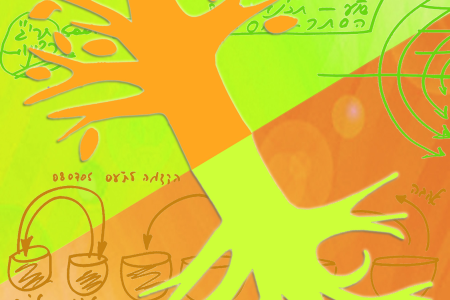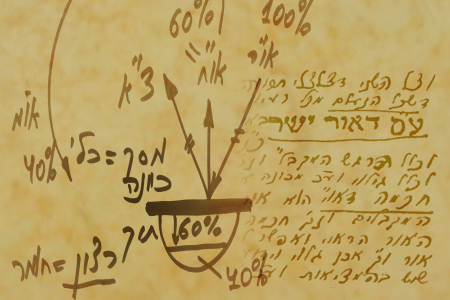
Deuteronomy, 1:1-3:22
This Week’s Torah Portion | July 7-13, 2013 – Tammuz 29-Av 6, 5773
In A Nutshell
The portion, Devarim (These Are the Words) begins with a long speech that Moses makes before the people of Israel just before his death. The portion contains a historic review of the forty years in the desert, which Moses describes to the people of Israel.
The portion also deals with appointing the presidents of the tribes and the judges, the sin of the spies and the punishment, the relationships between Israel and Edom, Israel and Moab, and Israel and Amon, as well as the wars with Sihon and Og. Moses reinforces Joshua, son of Nun, as the next leader of the people of Israel, who is to lead them into the land of Israel.
![]()
Commentary by Dr. Michael Laitman
From the cascading of the spiritual degrees and what we learn about the perception of reality, we know there is no world outside of us. All that exists are the spiritual states we go through, states that are depicted within us. Everything is within us, as it is said, “man is a small world.”
We move from state to state. Each state emerges out of its predecessor and is included in it. This is called a Partzuf (face). Each state contains what exists in the previous one, the Reshimot (recollections), impressions, and memories out of which it is born, and which it must now implement. Nothing comes out of thin air; everything relies on what precedes it.
These are the stages by which one ascends from the degree of the desert to the degree of the land of Israel. The degree of the land of Israel contains all the previous degrees, from Adam HaRishon (the first man, Adam), with whom the Torah begins. This is why we find that the Torah always repeats states described in previous books and extends them to the next, higher degree.
Continue reading “Devarim (These Are the Words) Parsha – Weekly Torah Portion”
